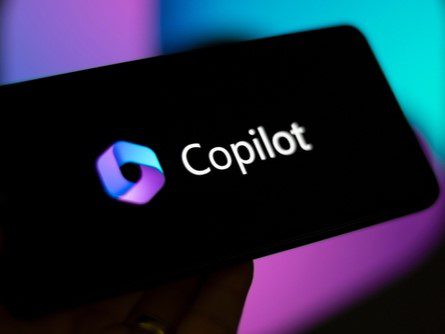
A few large organizations have halted Microsoft Copilot deployments due to concerns about data security and governance. Or how Microsoft’s latest AI implementation is clashing with the complexity of IT environments and rights management.
It seems like a canary in the coal mine, because it’s a small sample size. More specifically, according to a survey conducted by Jack Berkowitz, chief data officer at Securiti, about half of the more than two dozen chief data officers (CDOs) surveyed in New York City have decided to temporarily stop or significantly reduce their use of Copilot. Microsoft Copilot is positioned as a tool to improve user productivity using artificial intelligence. But the structure and complexity of existing IT environments, such as SharePoint and Office 365, appear to be a barrier. Copilot can summarize information from areas that employees can technically access, but that shouldn’t always be available to everyone. That could lead to the unwanted disclosure of sensitive information, such as payroll data.
Access rights
The problem doesn’t lie with Microsoft and Copilot themselves. Berkowitz explains to The Register that the problem stems primarily from conflicting access rights within large companies that have built their systems over the years. Berkowitz points out that despite the potential of generative AI projects, concerns about data governance and security are forcing companies to approach applications like Microsoft Copilot with caution. While the challenges themselves are solvable, he stresses that companies often need to first improve their data governance and security measures to ensure a safe deployment of Copilot. According to him, the solution lies in improving monitoring and control of data and users within systems. Although this is a major undertaking for many (large) organizations.

“Lifelong entrepreneur. Total writer. Internet ninja. Analyst. Friendly music enthusiast.”












More Stories
Monster Jam Showdown Launch Trailer
The European Digital Twin Ocean prototype reveals many possibilities
Instagram now lets you add a song to your account